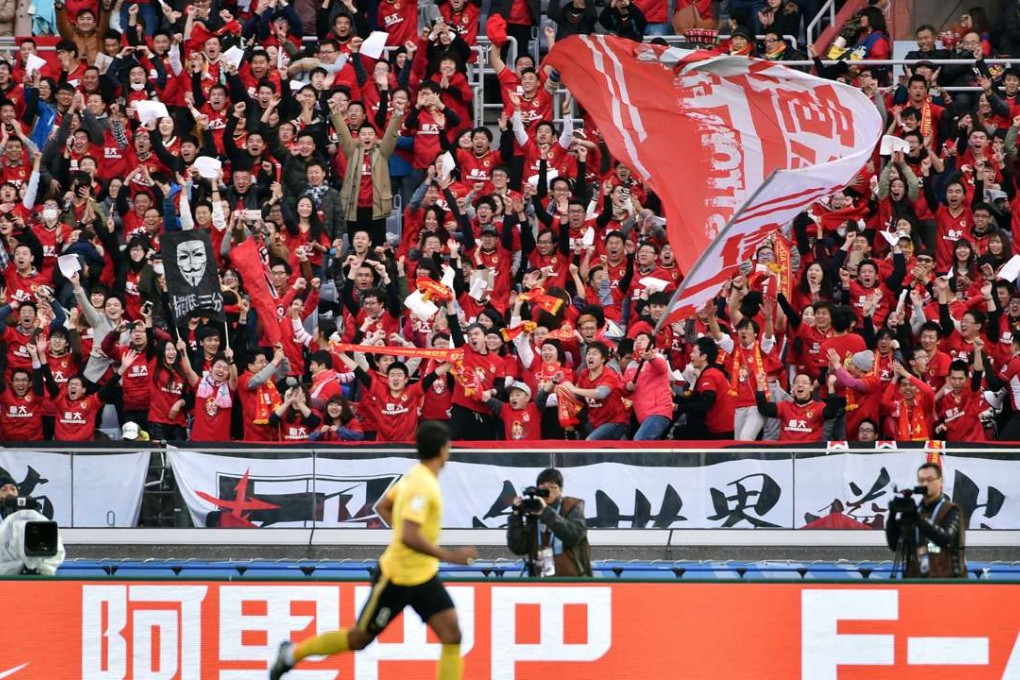The boys from Brazil: how China became soccer’s new El Dorado
Untold riches from Chinese clubs are luring South America’s finest talents and reshaping global football migration. But can the country buy its goal of becoming a football superpower?

Liu Chaoyang and his friends dodging flag poles in the sleepy outskirts of the small Brazilian town of Porto Feliz on this windy mid-winter afternoon are not training for the Olympics. The dozen or so Chinese boys breaking sweat in dribble drills are, in fact, not even interested in the world’s greatest sporting event, unfolding in Rio de Janeiro this summer.
About 120km from Brazil’s bustling commercial capital of Sao Paulo, the 17-year-old striker from Shandong Luneng and his friends are among 36 Chinese players – along with their six coaching staff – training at the sprawling Luneng Brazil Sports Centre. Their mission: to learn football, the way Brazilians play it. And time is of the essence. “Now I only practise with the ball, I’m not working on my physicals at all,” says Liu, who’s in Brazil for just two months.

“What most attracts us in Brazilian football is the skill, their baffling moves and, most of all, the joy,” chimes in Hu Jianbo, Shandong Luneng’s manager in Brazil. “Liu has been told to put his entire attention on ball control while in Brazil.”
That’s why, while Hu and other coaches have got tickets for some of the Olympic events, the boys are staying put to train. Much is riding on their tender teenage shoulders in China’s turbo-charged quest to become a soccer superpower.
